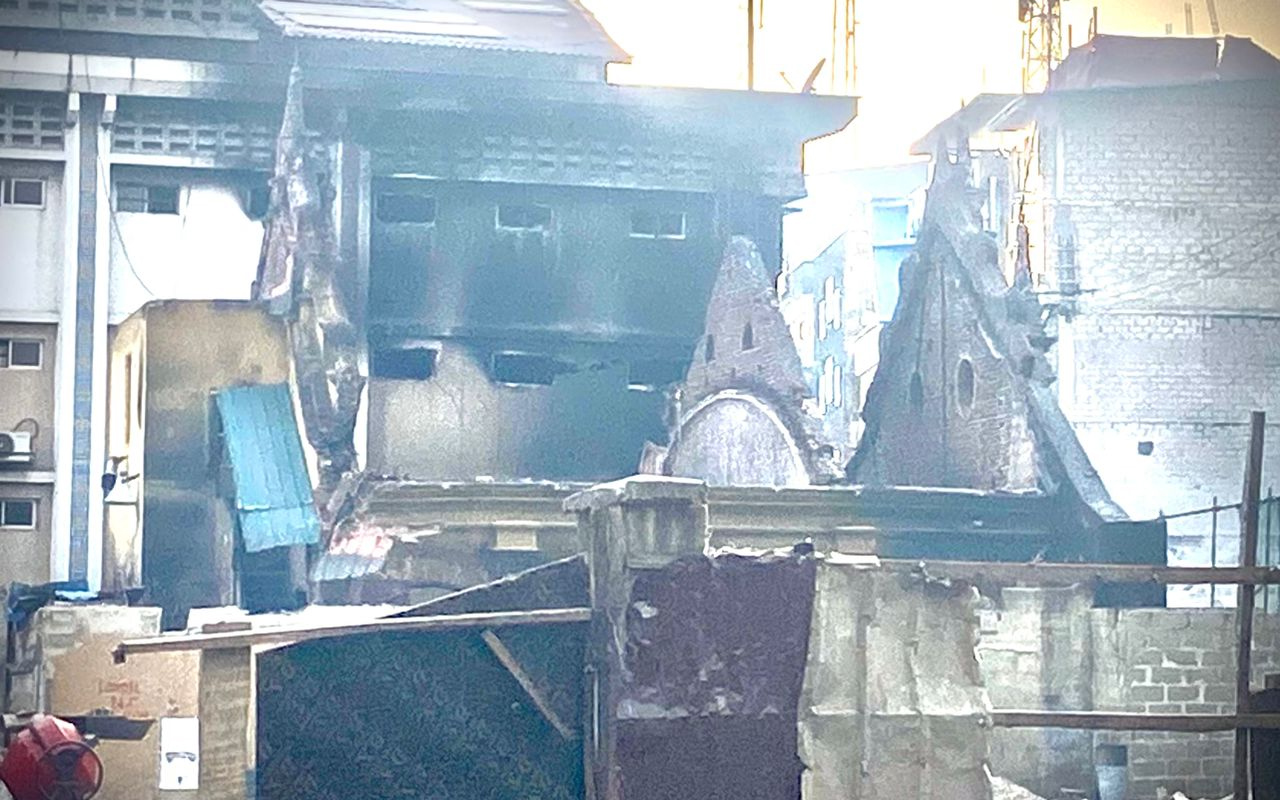
A recent study has shown that poor access to quality emergency obstetric services contributes significantly to high maternal and neonatal mortality rates in the country.
According to Nigeria Demographic Health Survey (NDHS), maternal mortality and morbidity in Nigeria is one of the highest in the world with an estimated 574 maternal deaths for every 100,000 live births as the country.
To change the narrative, the World Health Organisation (WHO) has recommended Managing Medical and Obstetrics Emergencies and Trauma (mMOET) training to reduce deaths of women and children at delivery.
mMOET is a course for senior obstetricians to train and retrain on how to treat pregnant women with life threatening conditions, including severe bleeding and hypertensive diseases. The course is an advanced emergency obstetric training course developed by the advanced life support group, which is a United Kingdom based charity.
Chief Medical Director (CMD), Lagos University Teaching Hospital (LUTH), Idi-Araba, Prof Chris Bode, said the training ill equip doctors to manage obstetrics emergencies.
Bode, whom the Chairman, Medical Advisory Committee (CMAC), LUTH, Idi-Araba represented, Prof. Femi Fasanmade, added that the training will improve Nigeria’s health statistics, especially where it relates to women’s health.
The CMD continued: “We have participants from various hospitals, faculty from United Kingdom and few other countries that are here to rub minds and also to train our doctors to handle our doctor’s better.”
Head of training and Consultant Obstetrician and Gynecologist, University Hospitals Leicester, United Kingdom (UK), Dr. Adebimpe Matiluko, said that women and children are vulnerable population particularly in developing countries.
She said that the provision of regular obstetric emergency drills is one of the methods for preventing these deaths in both high and low-income settings.
Matiluko added that mMOET uses a structured systematic approach of primary survey, resuscitation, secondary survey and definitive care, includes 24 simulated training scenarios and emphasizes the benefit of teamwork and leadership skills.
“We plan to bring MOET to Nigeria for the first time and aim to transform our local senior clinicians at the LUTH into certified mMOET trainers over the first two years, then run the course annually, sustaining them mainly with the course fees.
“Once we can train the trainers, we can continue to run the course ourselves and reduce the cost of implementation. We hope to train at least 50per cent of the senior obstetricians in Nigeria within the next 15years,” she added.
Head of Department, Obstetrics and Gynecology, College of Medicine University of Lagos and LUTH, Prof Bosade Afolabi, said the training is geared towards the points of saving women’s lives during emergencies that occur during pregnancy. She said training for emergency is one of the known ways in saving women’s life and it does not mean we do not know how to save lives. It means whenever you train for emergency using specific drills and structured manner, you are likely to save more lives like when you do it in an unstructured manner.
Afolabi added that the this training is for them to fine tune their skills and train on how to save lives in a structured manner because in emergency people get a little distracted and are not coordinated.
“This training helps us to coordinate, and structure the skills needed to save lives in pregnancy during emergency,” she said.






